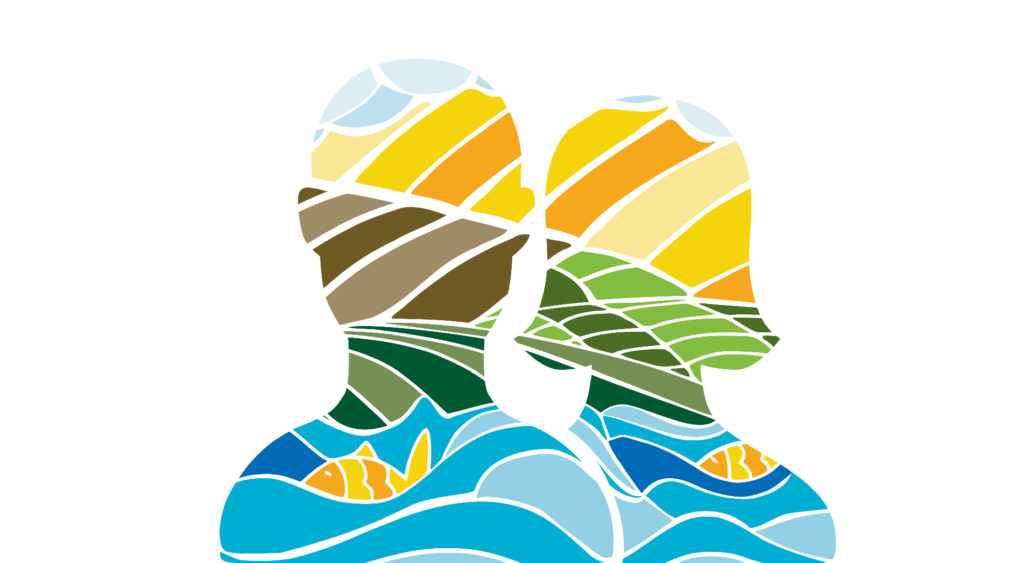Welcome
The course will help you better understand the linkages between gender and the environment. It will provide you with the knowledge and tools to mainstream gender, and be an effective change-maker for sustainable development. It will also give you facts and figures, and a better understanding of the global international frameworks related to gender and the environment.
It is a “one-stop-shop” for information and illustrations on gender dimensions linked to biodiversity, climate change, land degradation, international waters, and chemicals and waste. All you need to know about gender and the environment!
If you face any issue with accessing or going through our courses please access our help page.
What will you learn?
- What are the links between gender equality and environmental sustainability?
- Which global environmental frameworks include gender?
- How can gender-responsive policies and projects support environmental outcomes?
- Discover what you can do to promote gender equality and women’s empowerment in biodiversity, climate change, land degradation, international waters, chemicals and waste.
The course at a glance
The course is divided into six modules covering the following areas:
- Introduction
- Climate Change
- International Waters
- Biodiversity
- Land Degradation
- Chemicals and Waste
Who is this course for?
- Someone curious and interested to learn more about how efforts to address environmental degradation and promote gender equality can be mutually supportive.
- A specialist working on biodiversity, climate change, land degradation, international waters, chemicals and waste.
- A development practitioner working at the international, national or at the local level in environmental sectors.
- A policy-maker or government official working on environmental policies and projects.
Completion Requirements
Each module includes a quiz to assess the achievement of the learning objectives. Learners who successfully pass each quiz with at least a 70% score will be able to download a certificate of participation from the course page. Learners can benefit from 3 attempts for each quiz.
Partners
This self-paced free course has been developed by the Global Environment Facility (GEF), the United Nations Development Programme (UNDP), the GEF Small Grants Programme (SGP), UNITAR/UN CC:Learn, with valuable contributions from the International Union for Conservation of Nature (IUCN), UN Women, UNDP, UN Environment and the Secretariats of the Multilateral Environmental Agreements that the GEF serves, including the Convention on Biological Diversity, the United Nations Framework Convention on Climate Change, the United Nations Convention to Combat Desertification and the Basel, Rotterdam and Stockholm Conventions, among others.

